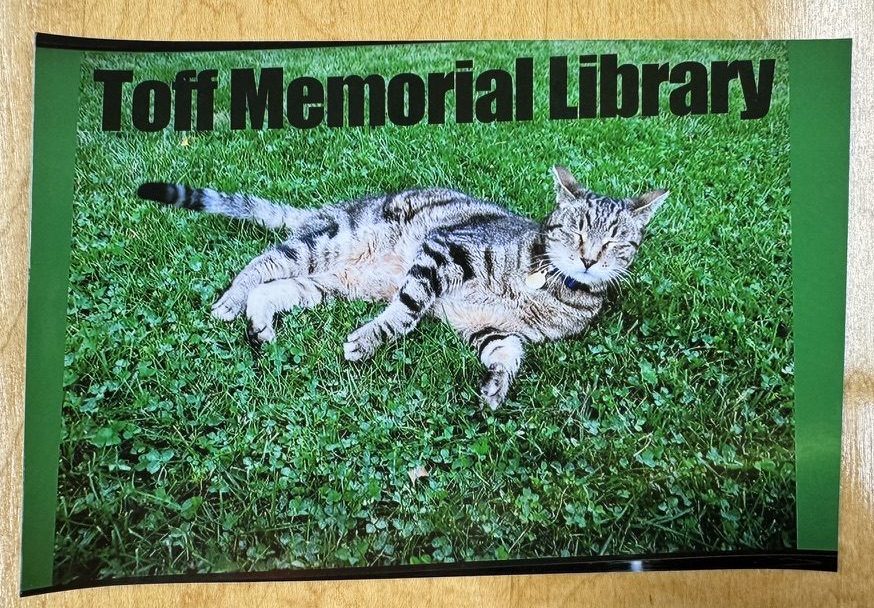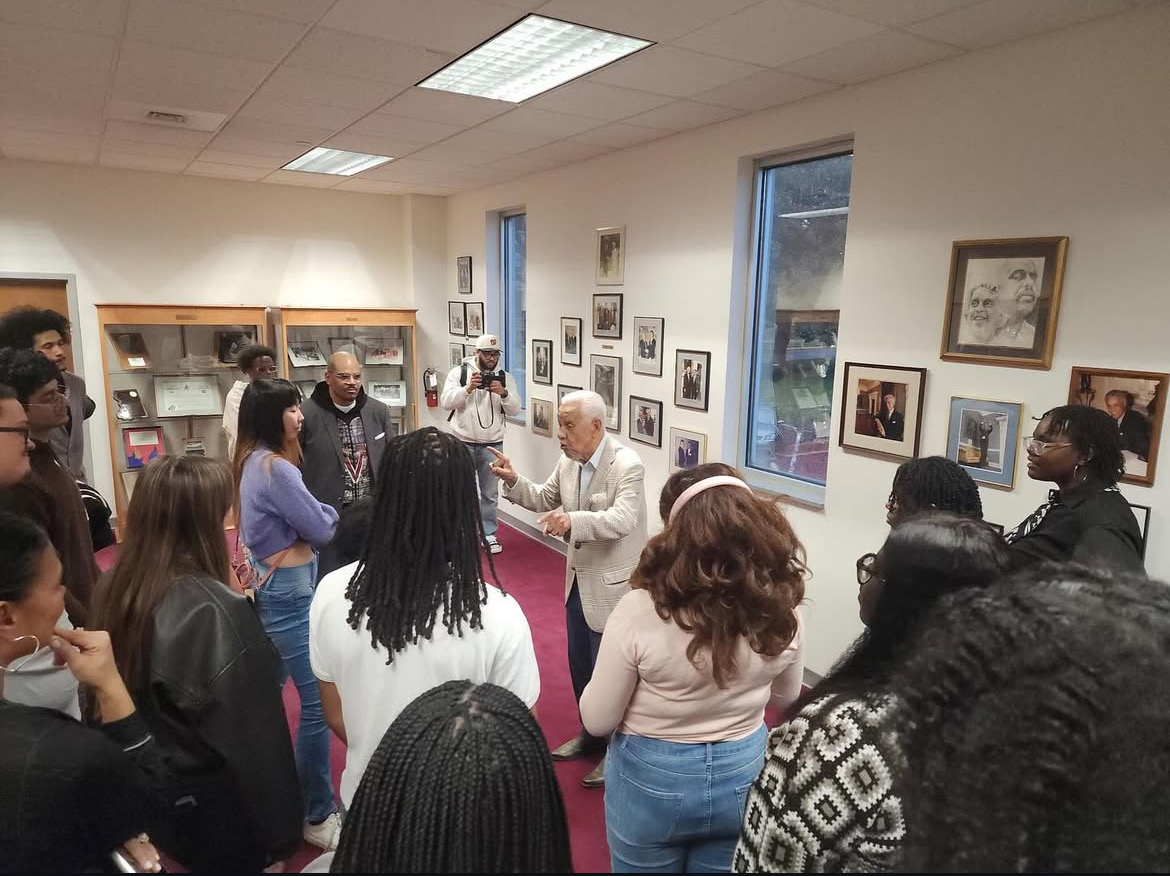Late Thursday afternoon, the historic Carleton Alligator Pit was the scene of a sudden and irreversible violent incident. President Byerly was walking back to Nutting House after making a red carpet appearance at the English department’s white-tie screening of “The Meg 2: The Trench,” when she passed by the Pit and was roughly dragged in by Barnard, one of Carleton’s majestic 14-foot American alligators. In one swift motion, Barnard tossed Byerly into the air and caught her between his jaws, the former English professor’s torso completely enveloped by the alligator’s mouth as she slowly descended headfirst down Barnard’s throat. One eyewitness reported that “the only thing I saw before she went down was her face. That dead-eyed smile and those bangs were still plastered in place even as she flew through the air. I don’t know how she does it. Well, they do always say that a college president has to be unfazed in the face of tough situations. It makes me glad we have her.”
Despite some students’ favorable view of the poise with which Byerly handled being eaten, others are less positive about the event. Another eyewitness reported, “It was disgusting — I mean, the guy’s college age, and he still doesn’t know to take smaller bites? No napkin or anything; Barnard just jammed the whole president into his mouth at once.” It should be noted that Barnard is not, in fact, a Carleton student, and that, being 12 years old, it is understandable for him not to have well-refined table manners. When this was explained to the student, they replied, “Barnard’s not a student? But the guy was in my Poli Sci class last term! Oh — he must just have been auditing then? That makes sense. I love to see community members engaging in the Carleton community like that.”
This incident brings back into the spotlight several hotly-debated issues of college policy, including nutrition for large reptiles. It has been a consistent complaint among alligator advocacy groups that Carleton dining services’ selections of traditional alligator food, including birds, large fish and small reptiles, don’t do justice to the rich cuisine of the alligator cultures of the southeastern United States. According to a statement from the Association of Carl Alligators, Bon App’s selection is “almost completely devoid of flavor. Especially when there is such a large and diverse alligator community at Carleton, you can’t just throw an unseasoned largemouth bass on a plate and call that cultural food.” The lack of exciting food options for crocodile and alligator Carls has led to boredom, causing them to “look for alternative options,” such as our own President Byerly.
Several campus groups, including Carleton Druids, Scattitude and the philosophy department, have raised the possibility that this event could have been “divine retribution” for Carleton’s failure to take sooner action to divest its endowment from the fossil fuel industry. While the philosophy department asserted in a statement that “we must take a poststructural, postcolonial, postmodernist, Post Malone, post hoc ergo propter hoc and post office lens to examine the spiritual implications of the alleged alligator incident, as explained by Butler, Johnson and Heiberwitz (1981),” Scattitudes suggested that we “pop doo-wee doo bop right on up there and pay the fancy man the lickety quickety question, cats.” The Carletonian has not followed up on either of these suggestions because no one on the editorial staff could understand them.
The Carletonian was unable to reach Barnard or President Byerly for comment.











